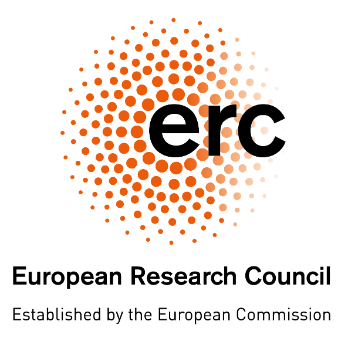Research Themes
/prod01/channel_3/media/tcd/physics/images/Fig2-1.png)
Spin Systems for Quantum Technologies
Spin is among the frontrunners for the physical realization of quantum bits (qubits) and spin-based devices are at the centre of an intense research effort for the creation of quantum protocols. The design of spin systems able to retain their quantum properties up to ambient temperature is one of the fields’ primary goals and represents a sine-qua-non condition for the realization of quantum devices based on magnetic units. Alessandro's group addresses core theoretical challenges in this field in order to provide a comprehensive understanding of the atomistic processes leading to spin relaxation by means of first-principles simulations. A particular focus is devoted to magnetic molecules. These compounds exhibit some key features, such as the possibility to rapidly manipulate their spin with external fields and a large degree of chemical tunability of their properties. Two classes of magnetic molecules have the potential to become the memory and logic elements of future computing units: i) Single Ion Magnets, i.e. single-ion magnetic molecules with a large magnetic anisotropy that show a slow relaxation of their magnetization and that could be used to store information at very densities, and ii) molecular quantum bits, i.e. single-ion magnetic molecules that preserve the coherence of their quantum states for long times and could be used as units for quantum computation.
Computational Materials Design
/prod01/channel_3/media/tcd/physics/images/Fig3.png)
The use of machine-learning computational paradigms for the design of new compounds with target properties is revolutionizing physics and materials science. On the one hand, machine learning provides an effective way to accelerate quantum mechanical simulations by interpolating sparse sets of reference data obtained by brute-force ab-initio calculations. On the other hand, this research avenue addresses fundamental questions such as "can a machine learn Chemistry and Physics?" or "Can machine learning effectively guide the design of new compounds with specific properties?" Alessandro's group develops machine-learning methodologies for the prediction of materials properties, such as energy, atomic forces and magnetism, at the first-principles level of accuracy. These structure-properties maps can be surfed to explore new regions of the chemical space corresponding to new materials with target properties and are foreseen to advance computational materials science to a new level of predictive power.
Funding
Alessandro's research is funded by the European Research Council through the Starting Grant AI-DEMON.

